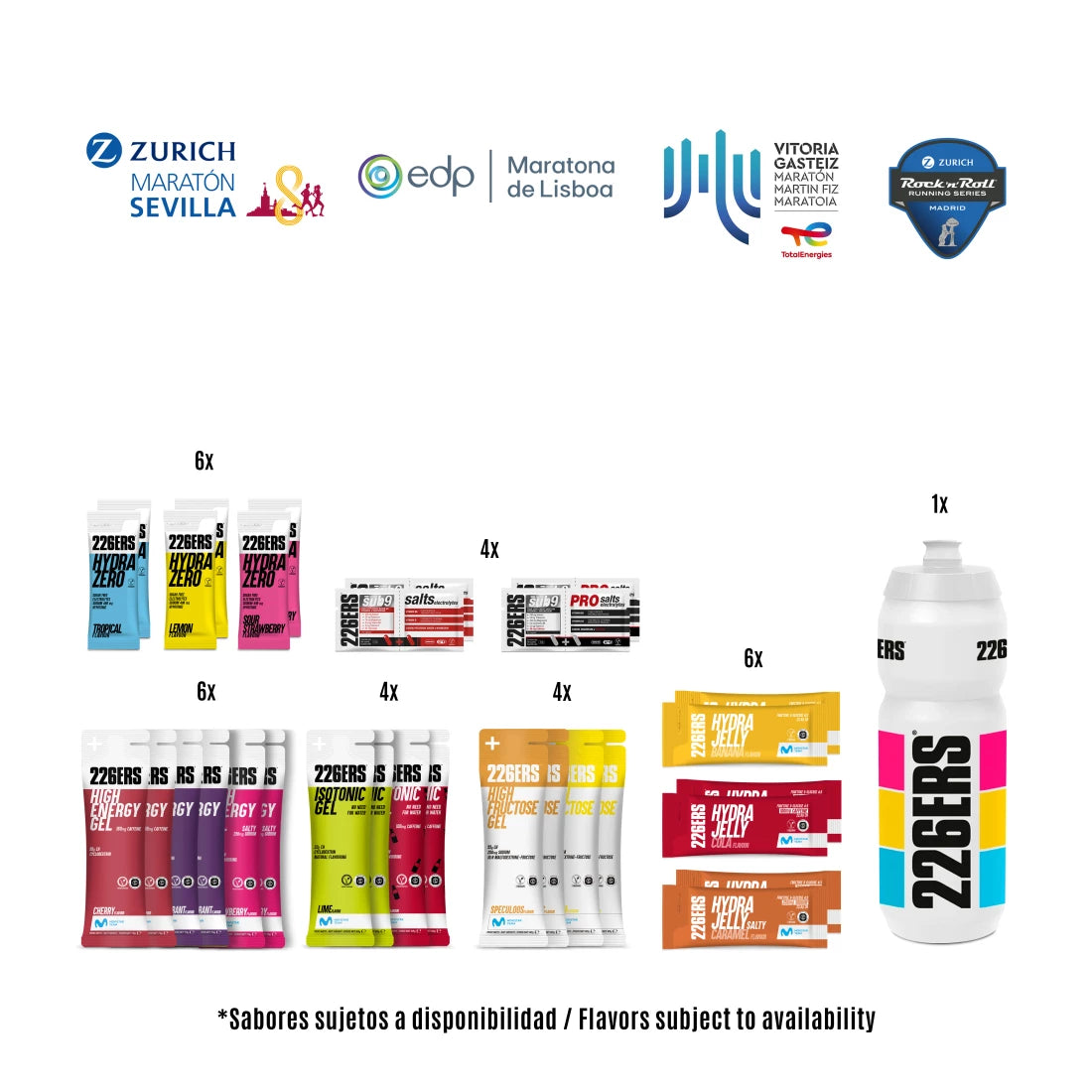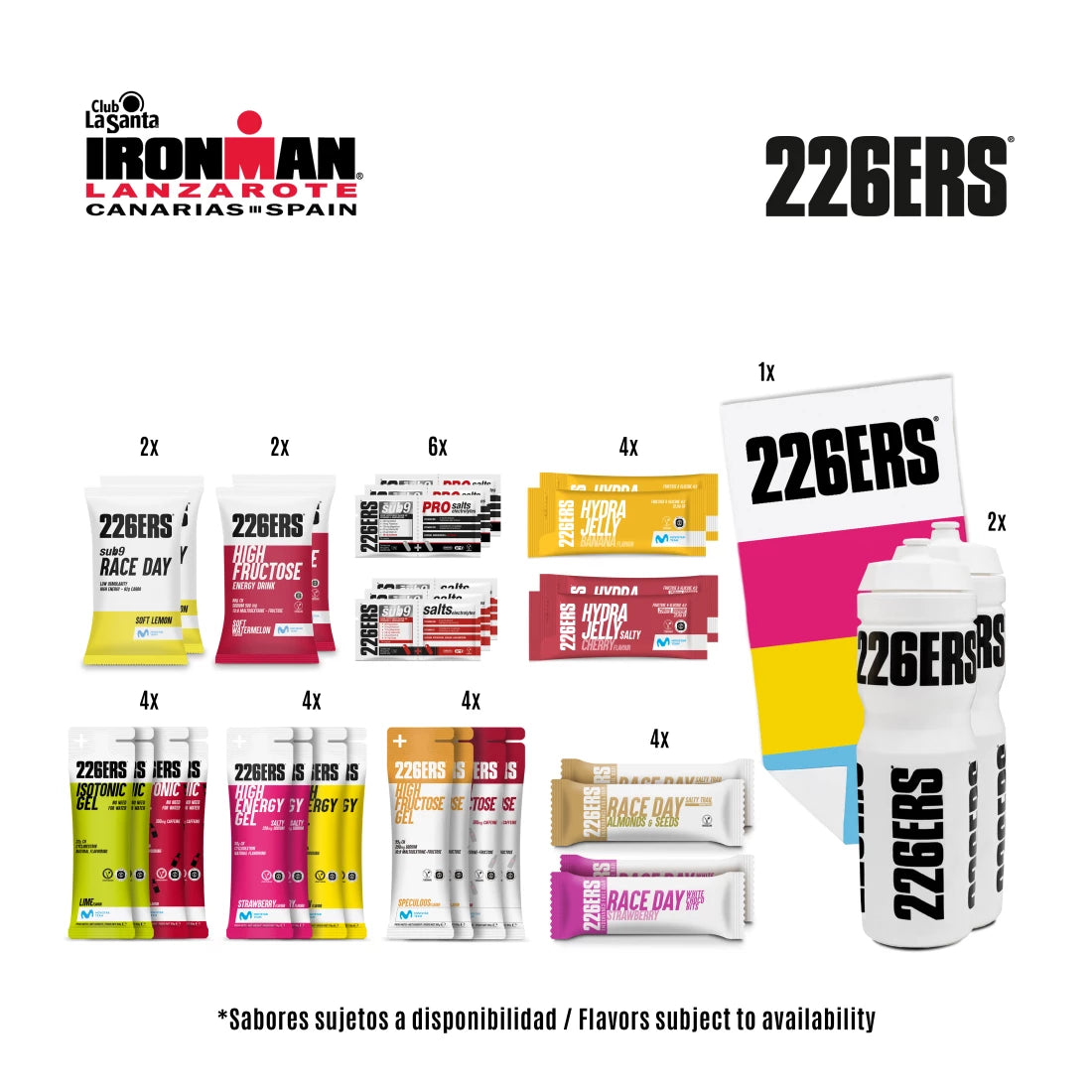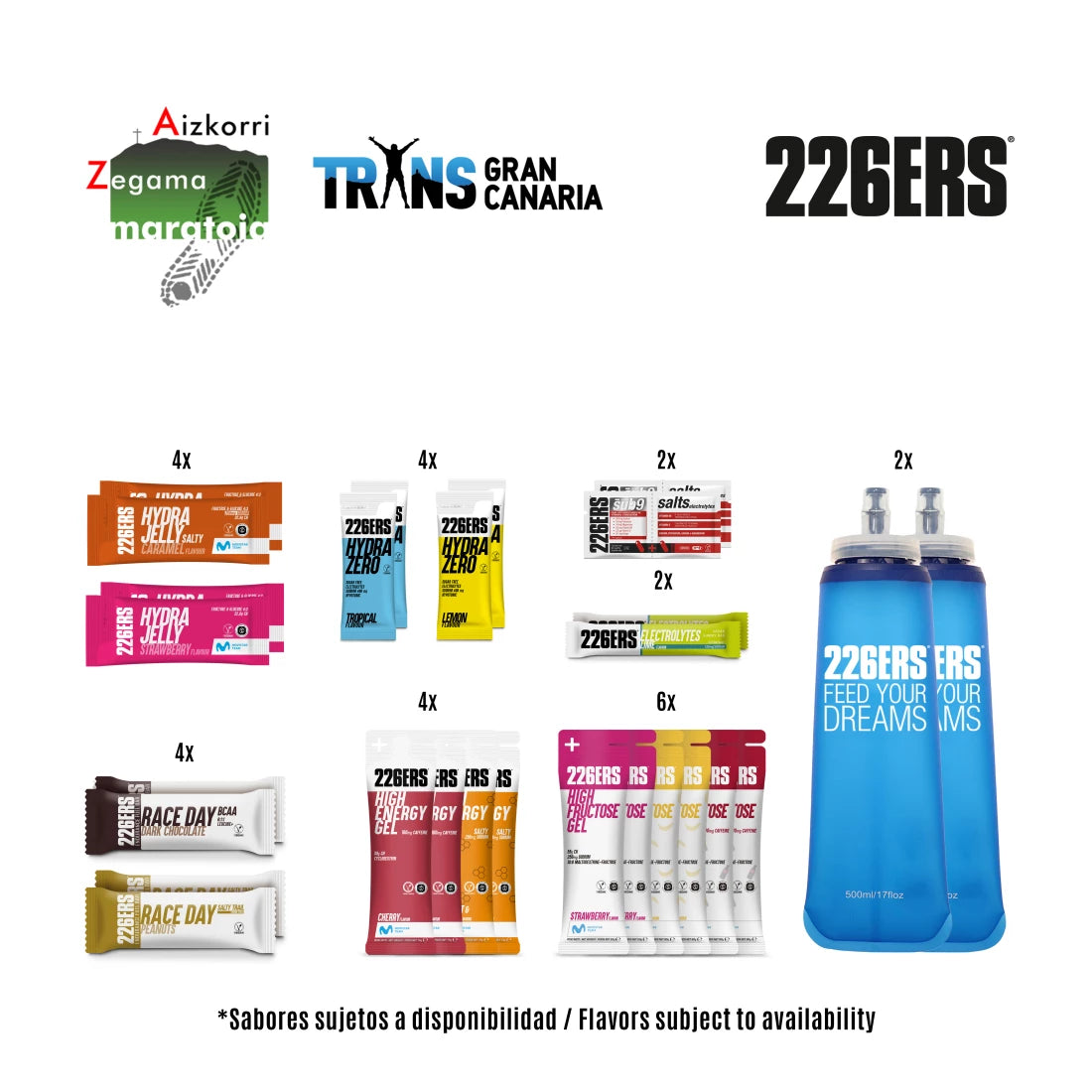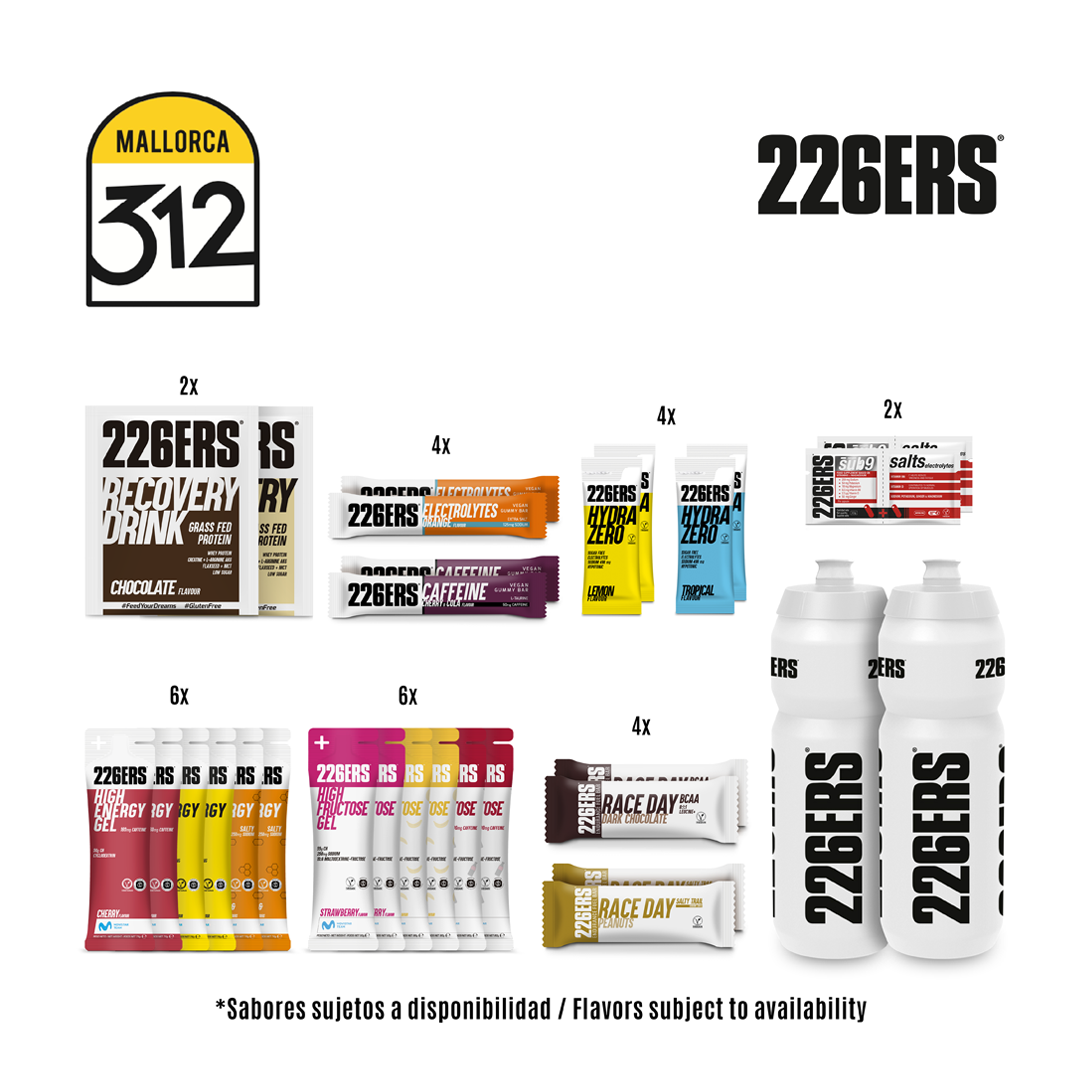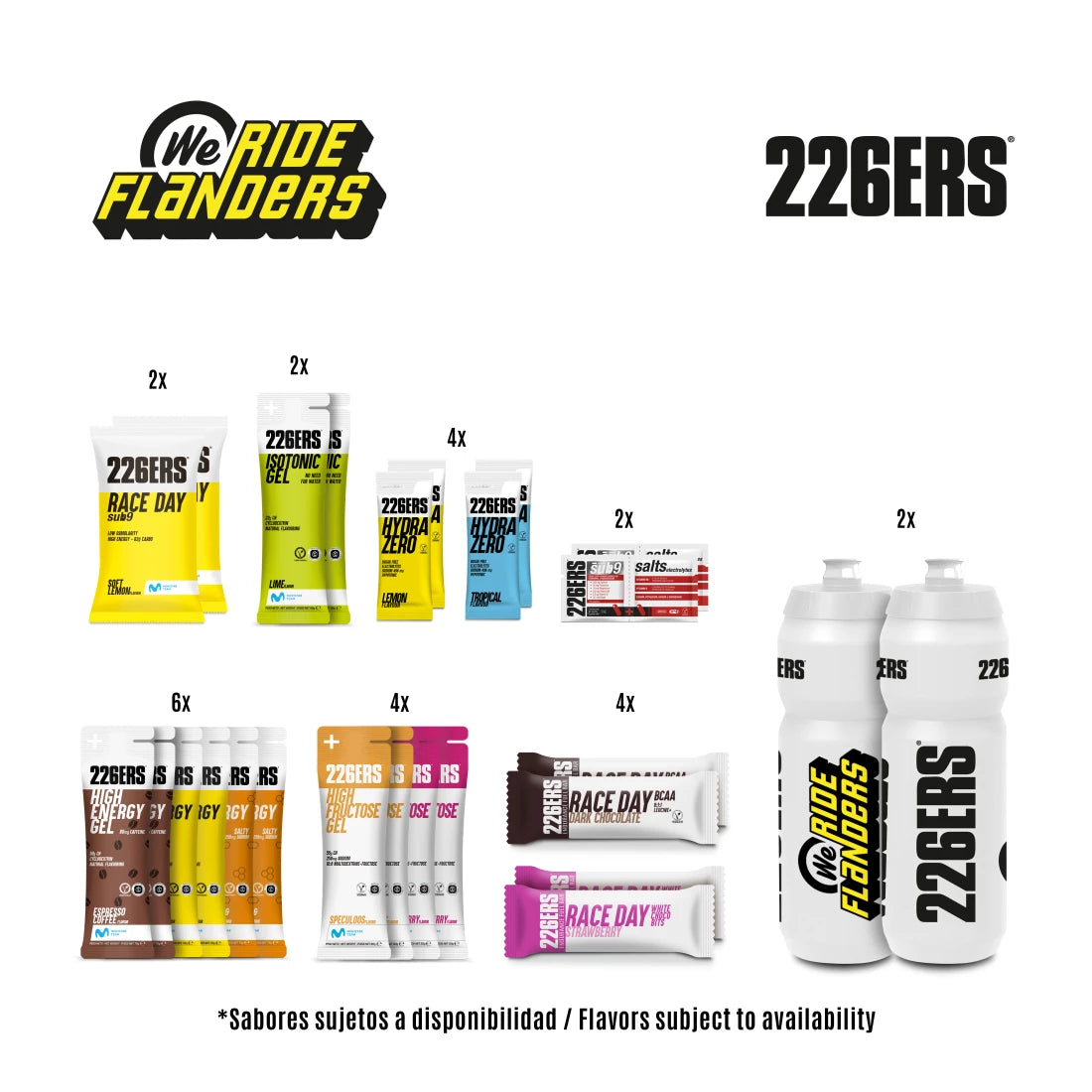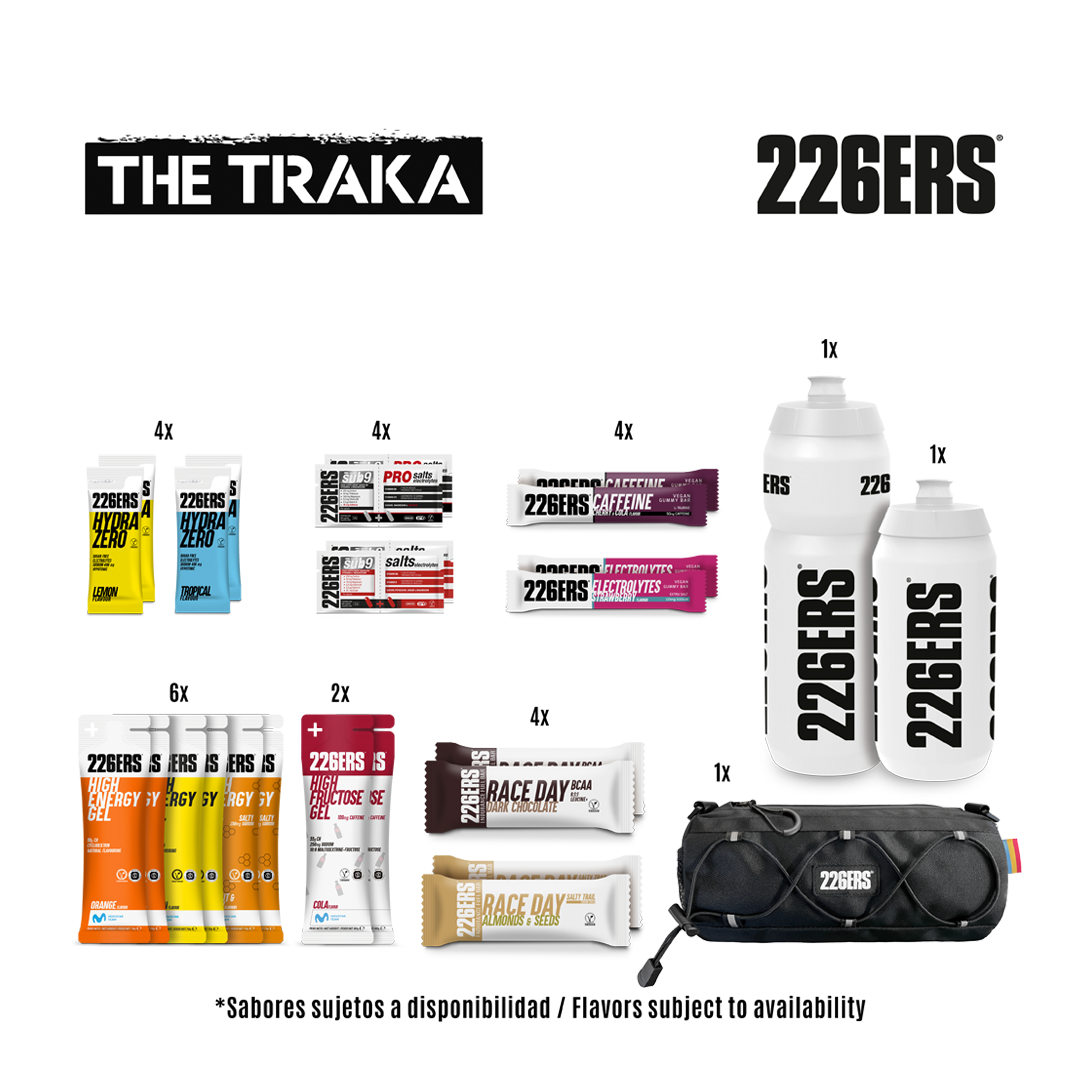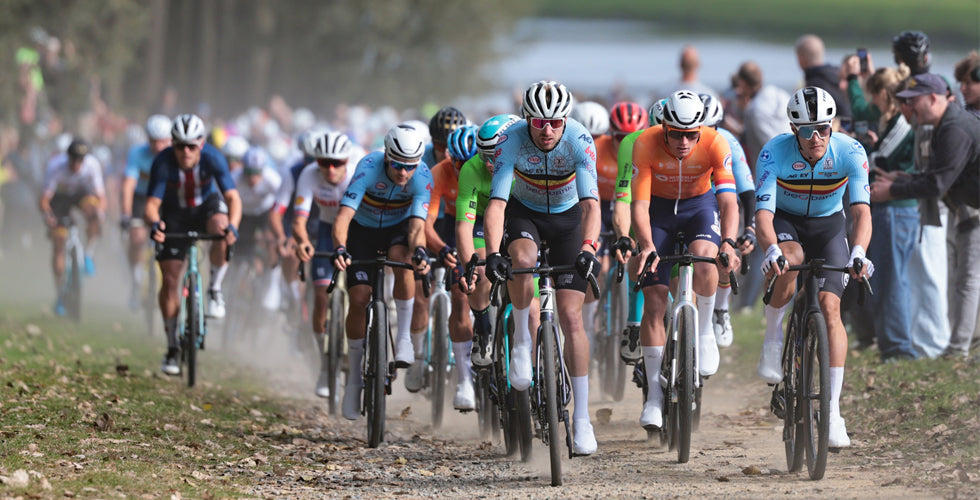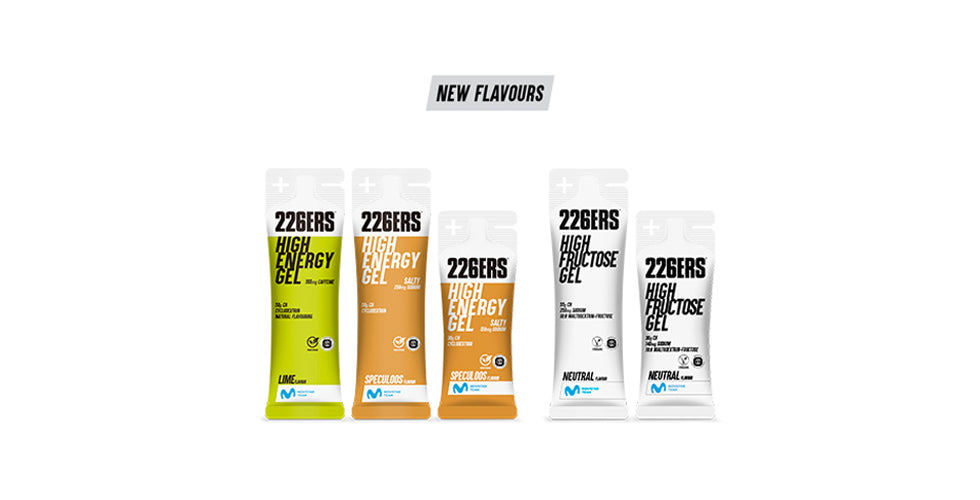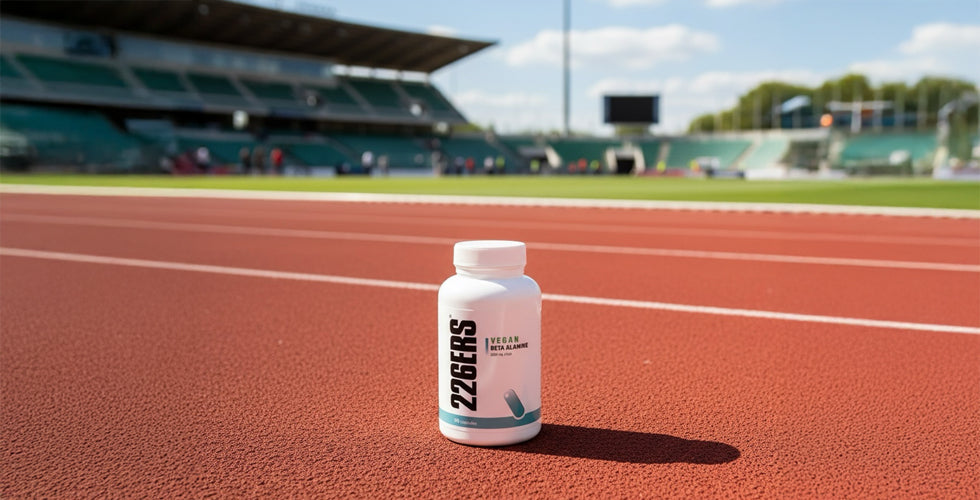Does a triathlete really need supplementation to be able to perform more in sport, training and then competing?
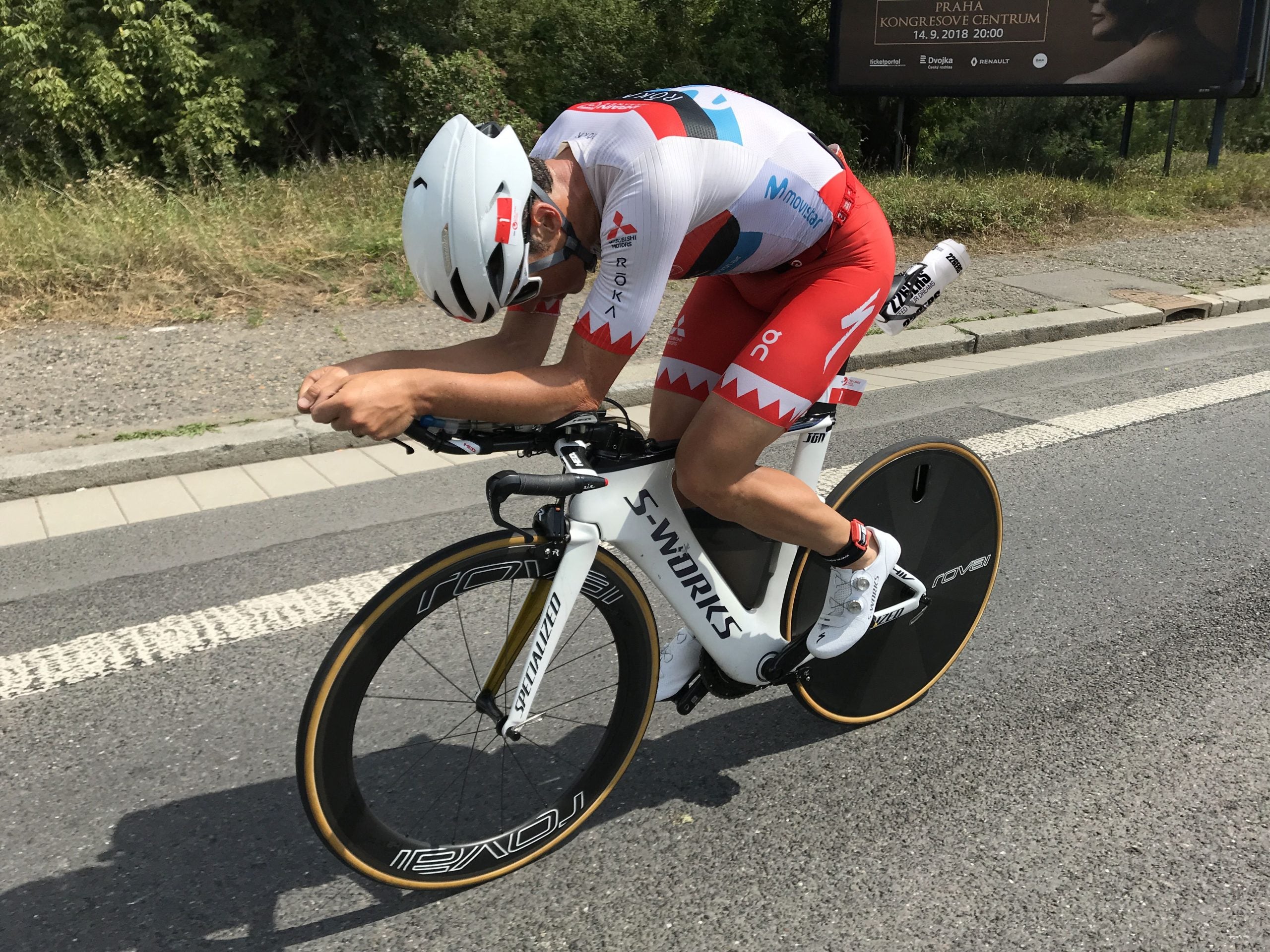
Does a triathlete really need supplementation to be able to perform more in sport, training and then competing? The answer is simple: yes, although there are people who still are not clear.
In recent years there is a remarkable increase about food care and diets of all kinds. Some opt for a type of diet, others for a greater care of the foods they ingest: either because of their type, by their origin, by the exclusion of some "evil" foods or by the inclusion of other "super-sheroes" foods. Not that there is a Miraculous product That improves performance, the key is in the consistency in training and, of course, that it is well planned and controlled. But a certain supplementation can help or do better training, recover before and therefore be able to train more and better, which is what will make us perform more. Therefore, If we want a better performance both in short and long distances, it is necessary to supplement.
Outside the competition, the supplementation between short and long distance can be similar, if we meet the criteria of athlete needs according to type of session or training phase. That is, according to the training phase in which the athlete (preseason, base period, pre-competence or competition) is located) and/or according to the type of training that is performed: strength, speed, resistance.

On the other hand, proper hydration is always necessary, regardless of the type of session, season of the year, environment or distance, although the management of the long distance is complicated and really critical, especially in competition.
The vast majority of athletes, coaches and health professionals know that each individual has a certain energy consumption using fats and glycogen. What is not so clear on certain occasions is that hydration needs vary drastically from one individual to another, even for the same individual in different conditions of heat, humidity and effort mainly, although the clothing will also influence.
This implies that there is no such clear pattern with water and salts to ingest, as is the case with amino acids, proteins and carbohydrates, patterns that more or less standardized.
For example:
- Protein intake After training it must be about 20-25 g.
- Maximum carbohydrates per hour that must be ingested are 90 g if it performs with a mix of carbohydrates. If we choose a unique source of carbohydrates, about 60 g must be taken.
- The proportion of carbohydrates Regarding water, it must be 10%, that is, 20 g of carbohydrates for every 200 ml of water.
Before and after training At short distance there will be more need for amino acids and proteins, while in long distance, mainly due to the increase in volume sessions, recuperators become more important, since in addition to amino acids and proteins they incorporate carbohydrates that will replace us with the energy consumed by filling glycogen deposits.
In competition For short distance and long distance the supplementation does not have the same weight, nor the same impact on our performance. This means that Our best result in long -distance competitions will be completely linked to a correct nutritional strategy, while in short distances, such as a sprint triathlon, with little more than being well hydrated during the competition and some caffeine, if it is tolerated well, it can be enough to obtain our best result.
By Jesús Sánchez Bas and Guillermo Olcina Camacho.
Original Source: Triathlon magazine


